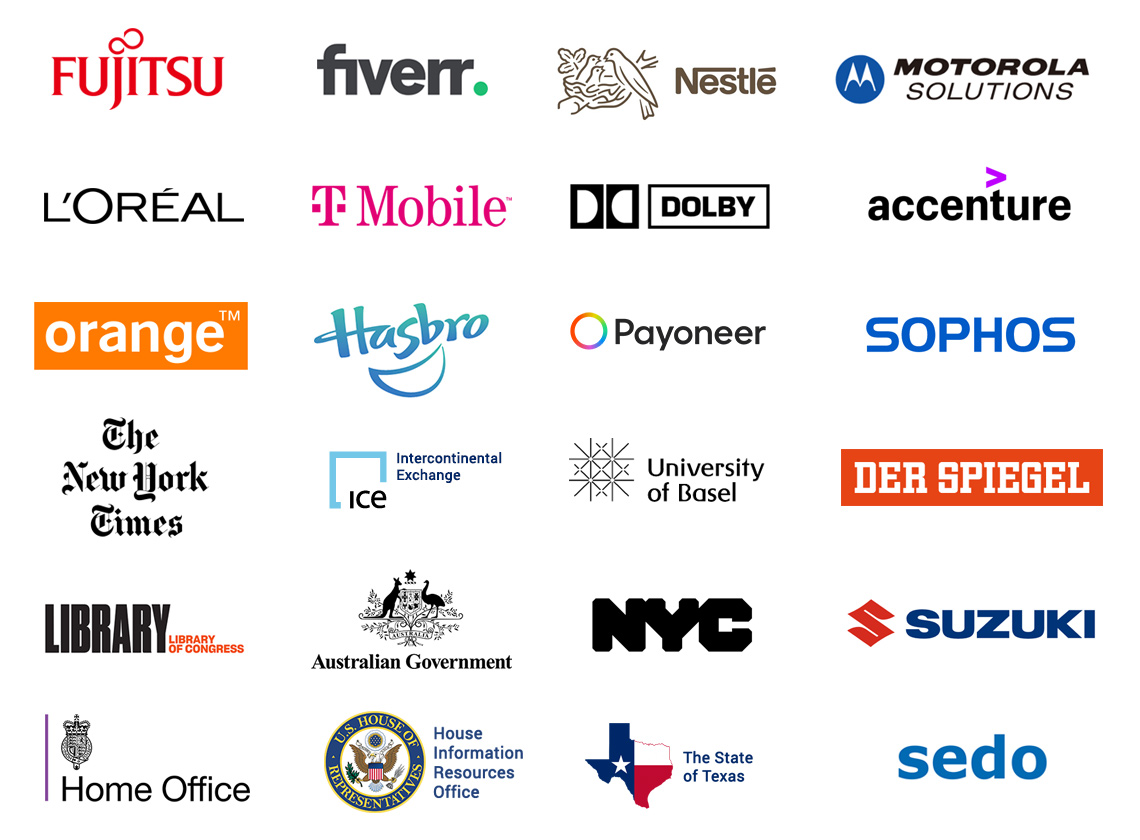TLDR: You can instantly access a secure, private browser via browserling.com/browse. Developed by me and my team, our service delivers isolated web browser sessions directly to you as a video stream from our remote servers.
Private Browser – What Is It?
A private browser is a cloud-based browser that provides enhanced anonymity and security for the user. It operates in a temporary virtual machine that runs in the cloud, ensuring that no history, cookies, or session data are retained post-session. This approach maximizes privacy and minimizes the user's digital footprint on the web.
Private Browser – How Does It Work?
A private browser operates by spawning a new virtual machine for each user session, hosted on a cloud infrastructure. This isolated environment ensures that all browsing activities are contained, with no persistent storage of history, cookies, or session data. It provides a secure browsing experience by automatically deleting the virtual machine when the session ends, thereby maximizing user privacy and minimizing exposure to online threats.
What's the Difference Between a Regular Browser and a Private Browser?
The primary difference between a regular browser and a private browser lies in their approach to user privacy and data retention. Regular browsers store user data such as history, cookies, and sessions locally, potentially exposing users to privacy risks and data breaches. In contrast, a private browser operates in a secure, cloud-hosted environment, spawning a new virtual machine for each session, ensuring that no user data is stored post-session and significantly enhancing online anonymity and security.
What's the Difference Between an Incognito Browser and a Private Browser?
An incognito browser is a feature within regular web browsers that minimizes local data storage by not saving browsing history, cookies, and site data on the local computer once the session is closed. In contrast, a private browser extends privacy measures by running on a secure, cloud-hosted server, ensuring complete anonymity and data protection by preventing any session data from being stored or tracked, and initiating sessions in a clean state without pre-existing sessions, cookies, or extensions.
What Are Private Browser Use Cases?
Private Online Shopping
When shopping online, a private browser prevents retailers from tracking your browsing history and habits. This way, you can avoid targeted ads and potential price manipulation based on your search history.
Travel Planning
A private browser helps you search for flights and hotels without influencing prices through repeated searches. Your search history won't be used to artificially raise prices, potentially saving you money.
Looking Up Health Information
If you're researching health conditions or consulting with healthcare providers online, a private browser protects your privacy by ensuring that your search queries and visited sites aren't stored or tracked.
Job Hunting
A private browser keeps your job search confidential, especially when exploring opportunities while employed. Your searches and visits to job boards remain private, away from targeted ads or potential employer monitoring.
Personal Privacy Protection
For individuals concerned about personal privacy, a private browser allows to browse the Internet without fear of personal data being collected, stored, or used for advertising purposes.
Temporary Device Use
When using a device temporarily, like a friend's laptop or a public computer, a private browser ensures that none of your browsing data is left behind. It's perfect for quick searches without impacting the device owner's privacy or security.
Bypassing Content Restrictions
A private browser can help you access geo-restricted content by masking your real IP address. This is particularly useful for accessing information or services not available in your region.
Web Development and Testing
Developers use private browsers to test websites in a clean environment, free from cached data, extensions, or cookies. This helps in accurately assessing site performance and functionality across different browsers.
What Is Browserling?
Browserling is a cloud-based virtual browser platform that provides private browsers for users and developers. It enables seamless cross-browser testing on different operating systems without the need for installing multiple browsers or virtual machines, offering use cases ranging from web development and testing to secure and anonymous browsing. This platform streamlines the process of ensuring website compatibility across various browsers while also offering privacy-focused users a way to navigate the Internet without leaving a digital footprint.
Who Uses Browserling?
Browserling has now become the private browser platform of choice for cybersecurity experts and IT professionals, and it's used by hundreds of thousands of users around the world every month. Browserling's customers include governments, states, cities, banks, stock exchanges, universities, newspapers, Fortune 100, Fortune 500 companies, and private multi-billion dollar companies.

Happy browsing!
